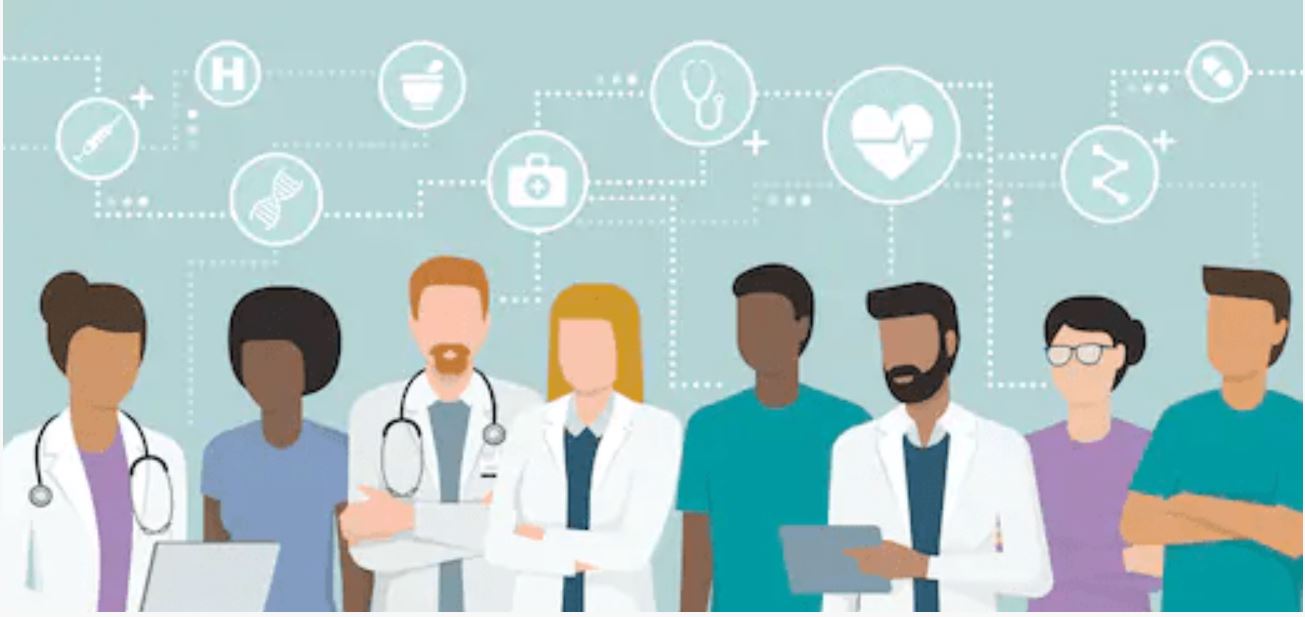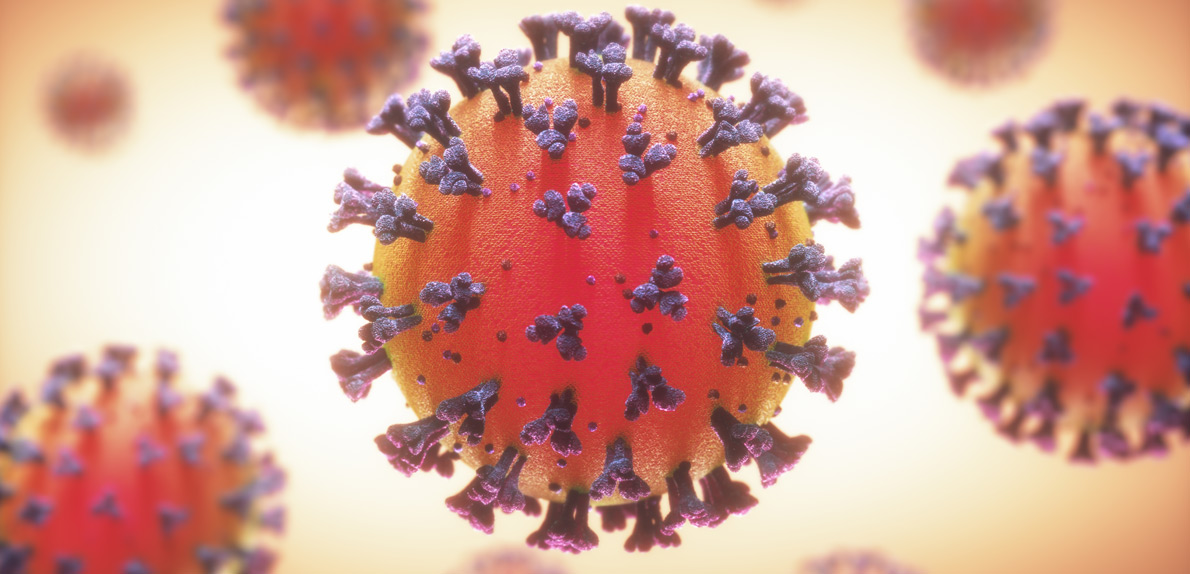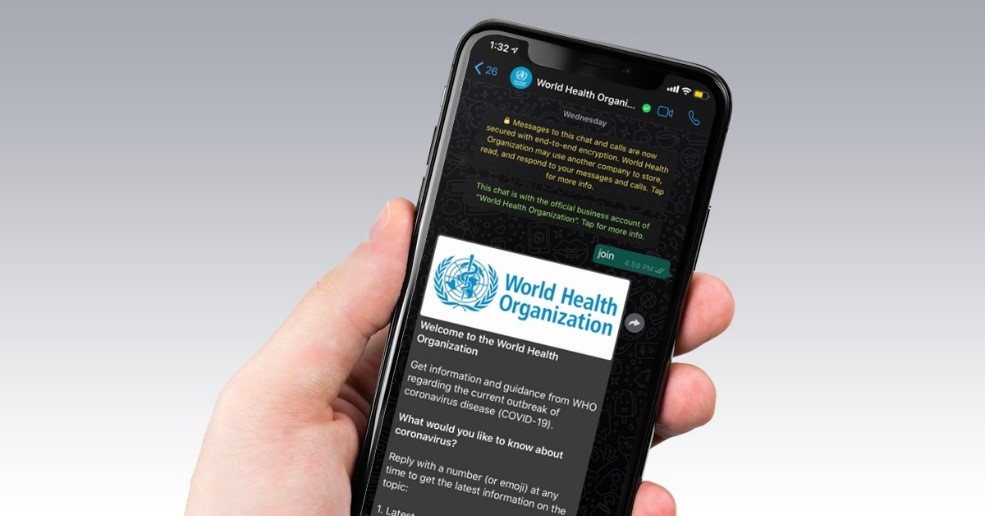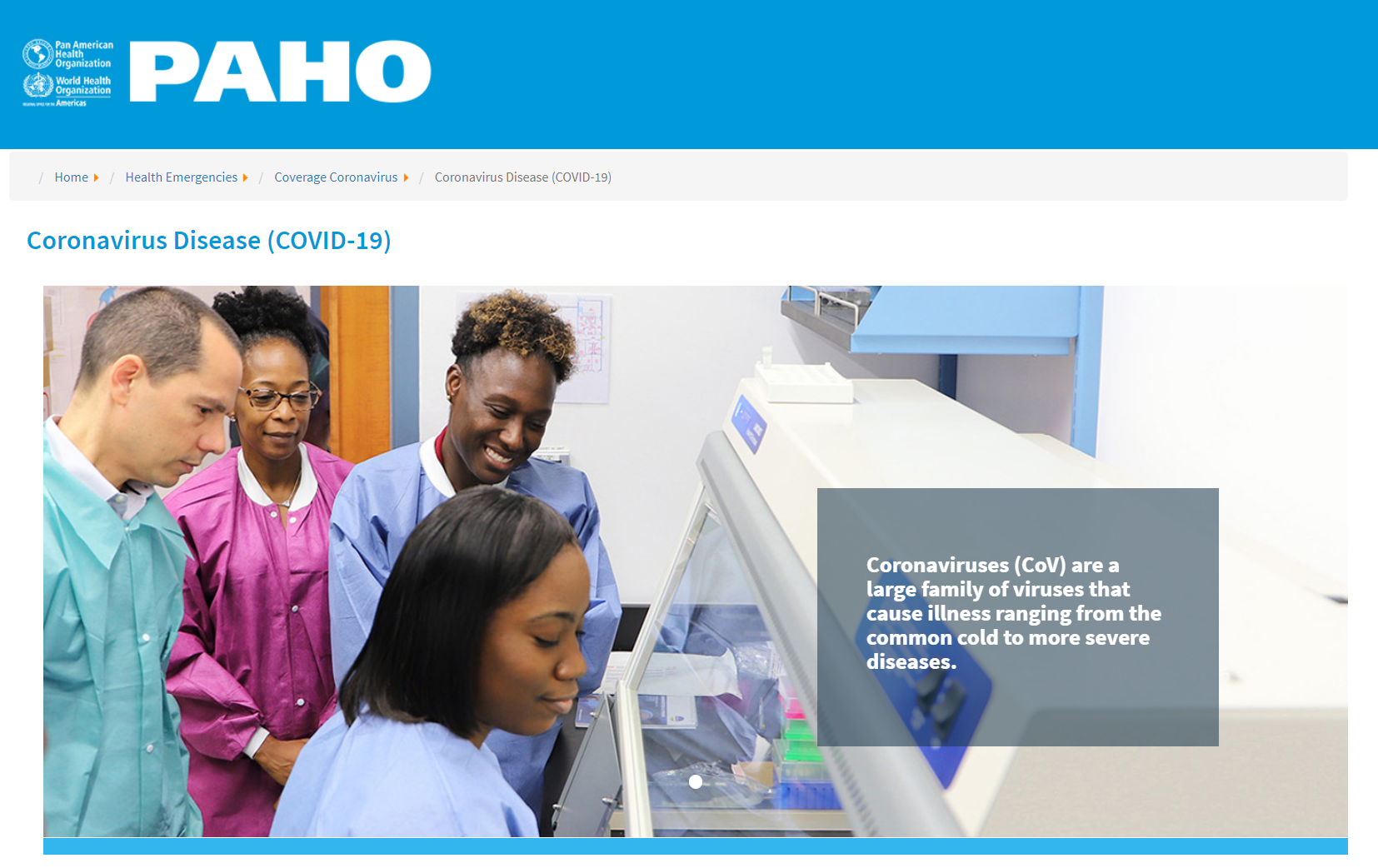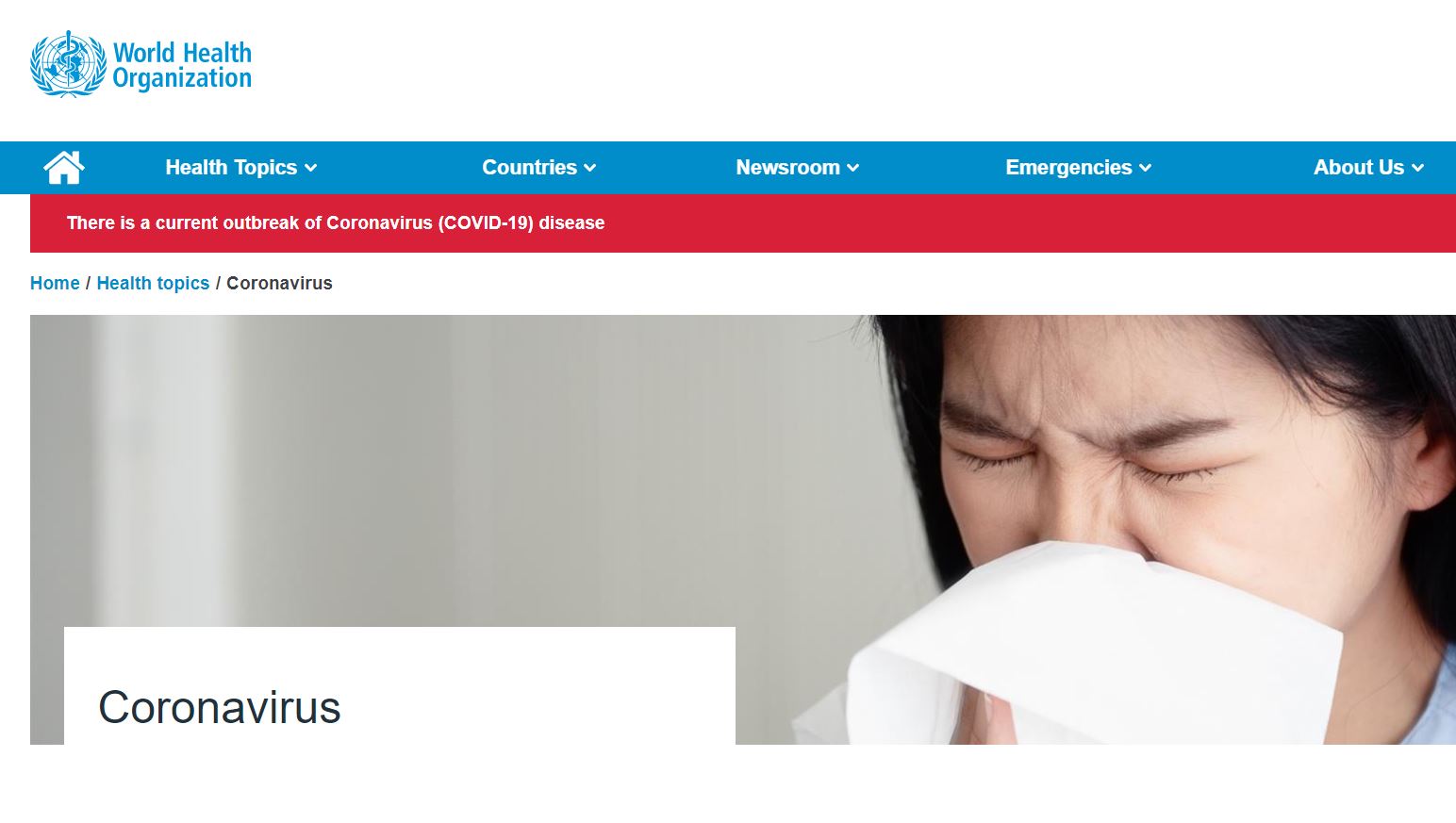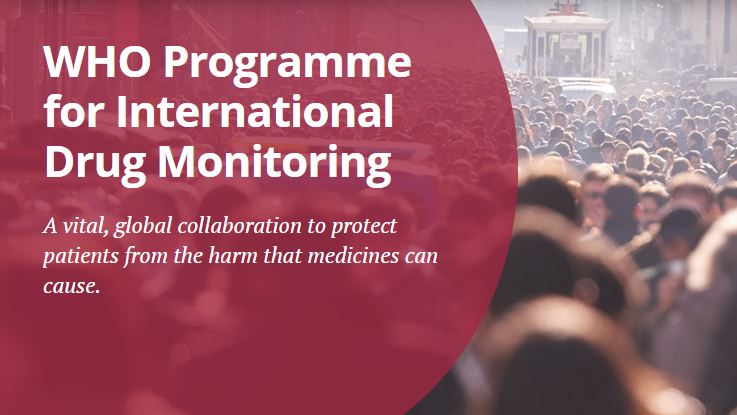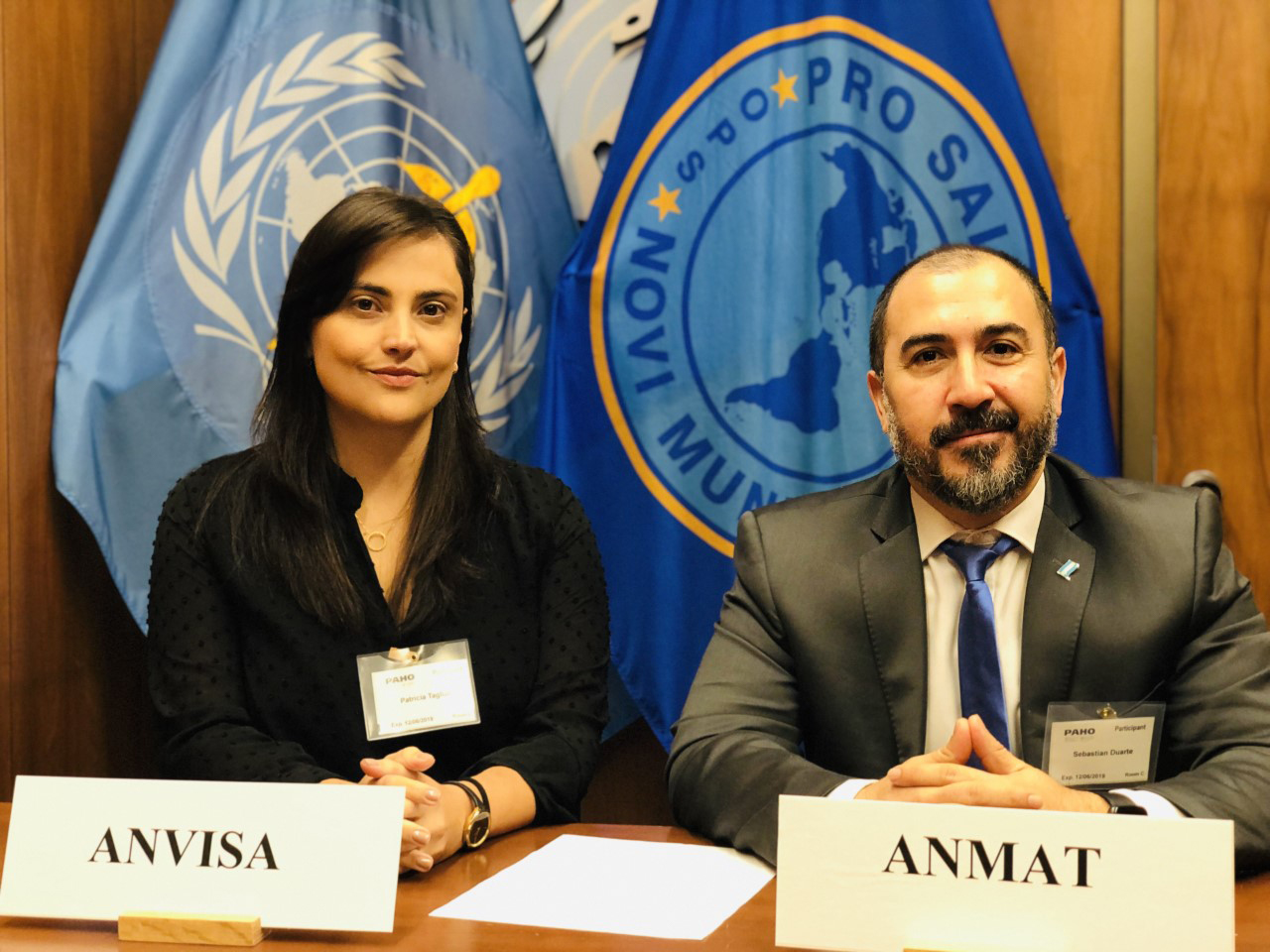These are the facts:
🔢 People of all ages CAN be infected by the coronavirus. Older people, and people with pre-existing medical conditions (such as asthma, diabetes, heart disease) appear to be more vulnerable to becoming severely ill with the virus.
❄️ Cold weather and snow CANNOT kill the coronavirus.
☀️ The coronavirus CAN be transmitted in areas with hot and humid climates
🦟 The coronavirus CANNOT be transmitted through mosquito bites.
🐶 There is NO evidence that companion animals/pets such as dogs or cats can transmit the coronavirus.
🛀 Taking a hot bath DOES NOT prevent the coronavirus
💨 Hand dryers are NOT effective in killing the coronavirus
🟣 Ultraviolet light SHOULD NOT be used for sterilization and can cause skin irritation
🌡️ Thermal scanners CAN detect if people have a fever but CANNOT detect whether or not someone has the coronavirus
💦 Spraying alcohol or chlorine all over your body WILL NOT kill viruses that have already entered your body
💉 Vaccines against pneumonia, such as pneumococcal vaccine and _Haemophilus influenzae_ type b (Hib) vaccine, DO NOT provide protection against the coronavirus.
👃 There is NO evidence that regularly rinsing the nose with saline has protected people from infection with the coronavirus.
🧄 Garlic is healthy but there is NO evidence from the current outbreak that eating garlic has protected people from the coronavirus.
💊 Antibiotics DO NOT work against viruses, antibiotics only work against bacteria.
🧪 To date, there is specific medicine recommended to prevent or treat the coronavirus.
Check the facts on the WHO website: click here

